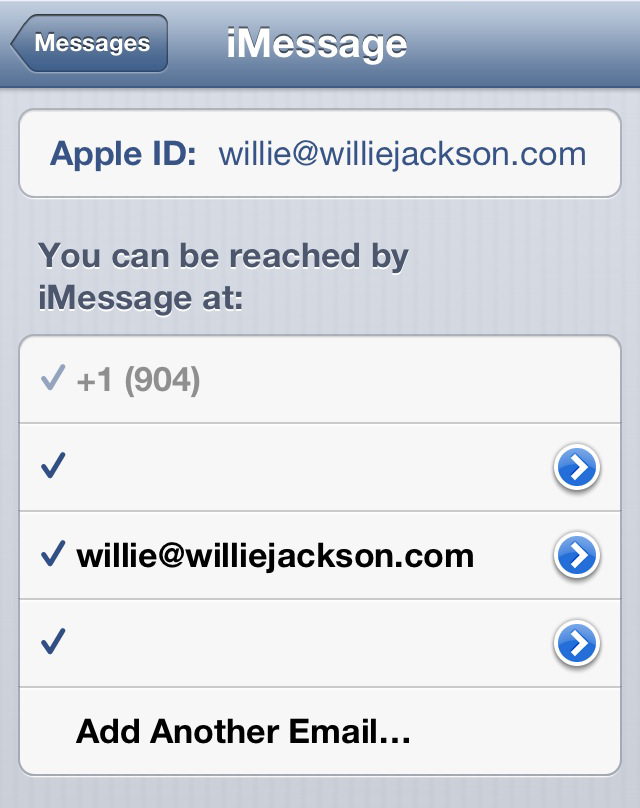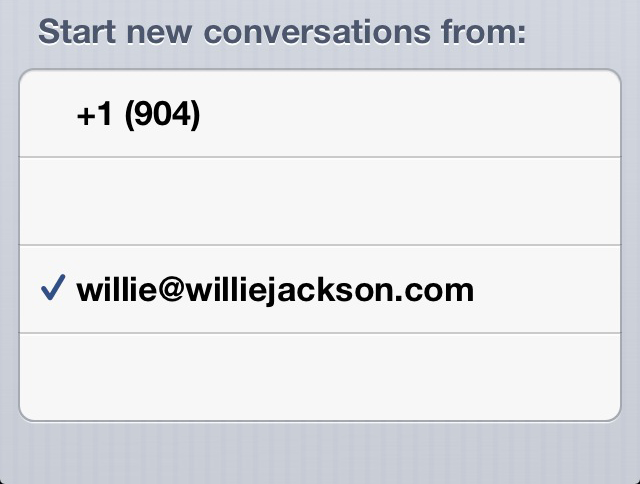A friend hit me up for some feedback last week and I thought I’d share.
Disclaimer: I’m not a startup advisor (except when I am), nor do I coach people (except when I do), so take it for what it’s worth.
So my friend — let’s call her Jasmine, since I think that’s a beautiful name and I like the idea of having a friend named Jasmine — is considering a project that would provide a service to the technology community in her city. It’s part startup directory, part job board, part connection platform. There’s a successful model for it here in NYC and this serves as the inspiration.
Jasmine has shopped the idea around to those who stand to benefit from it, and has been met with considerable resistance. Chiefly, as it turns out, because there are a lot of people who want to be the first to execute a project of this sort and they feel threatened by my friend’s interest in it.
To add another layer of complexity, Jasmine is in a bit of a holding pattern with her career.
She quit her well-paying job to strike out on her own in search of work that fulfills her. She’s known in social circles for having a competency in one particular aspect of digital media, but it’s unclear if this is what will “put her on” if you will.
When probing further with the idea, I found out that there are a few people interested in helping out, and that there is not yet a clear path to monetization.
So. My feedback was as follows:
- No one’s opinion of the idea really matters, and asking the wrong people (those who want to ship it first) for their opinions seems to be a bit incredibly counter-productive.
- If this isn’t a business, then what’s the point? You’re at a point in your career when your next move really should put money in your pocket and earn you respect in your industry, so anything not likely to hit that mark should be cast aside immediately.
- There will obviously be some political backlash in your city’s (relatively small) technology community among those who want to pull this off. To be dramatic, at the risk of oversimplifying: are you willing to be hated until you’re loved?
- Is this just the idea of the month or are you committed to seeing this through? You’re going to have to slog through months of thankless work in order to even gain some initial traction, and it’s possible that this still might fail.
- Along the lines of the last point, it will be a travesty if, knowing what you know and having worked through these questions, after getting people excited about this idea and hacking away until it’s no longer interesting, people visit the website in six months and it has become a GoDaddy parked domain page. If you do it, see it through.
- Having a few people interested in helping out might not actually be a good thing. If this is a business (and I hope it is) then are you prepared to pay these people? Will they all be happy to toil for free while you earn from it? Or has the expectation about money not been set at all?
- Unless you’re going to learn the technologies required to execute this project, you’re going to be looking at hiring a developer to help make this happen. Have you thought through this?
I don’t need to know the answer to these questions, and neither do you. But I think the questions need to be addressed before another step is made.



